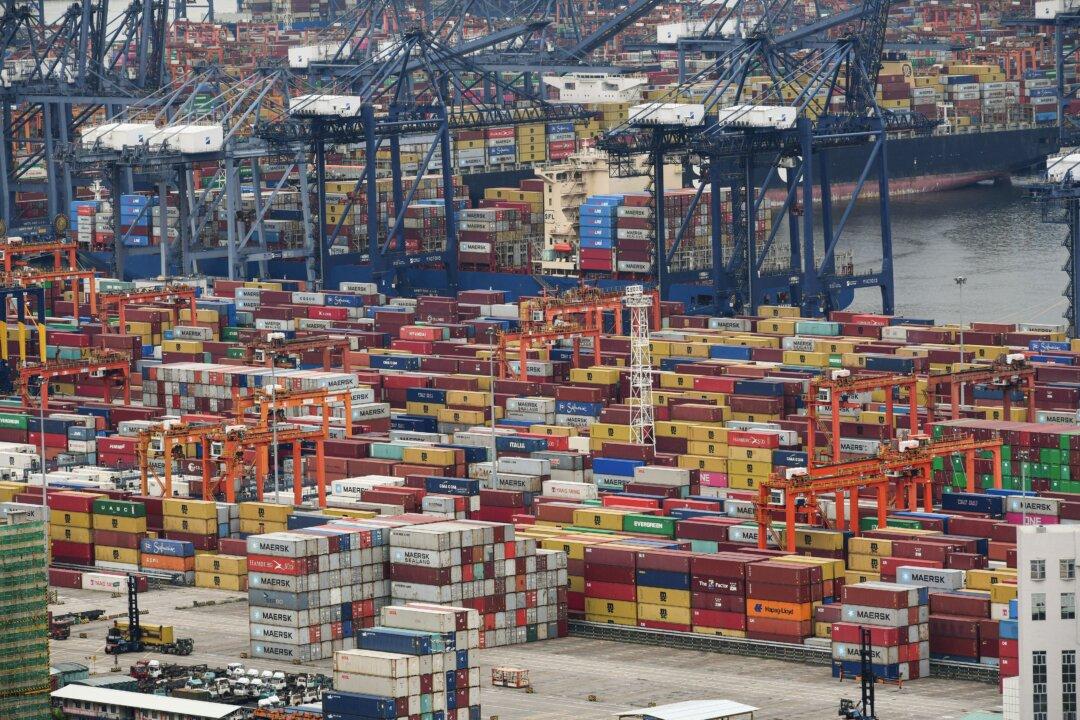Just over forty percent of Australian exporters who have diversified their trade markets are doing better financially than they were a year ago, a study has found.
Australia’s International Business Survey 2021 (pdf), found that although 87 percent of exporters thought the business environment was more challenging, forty-three percent of them that had diversified to other markets found that they were financially better off than a year ago. This accounted for only 21 percent of all respondents.




